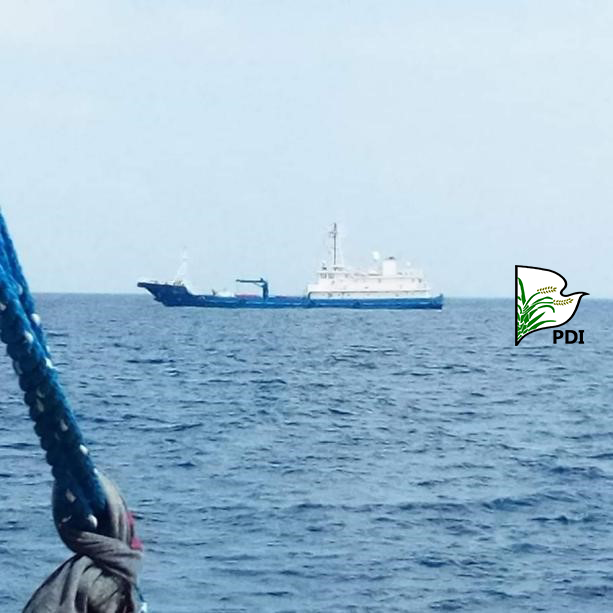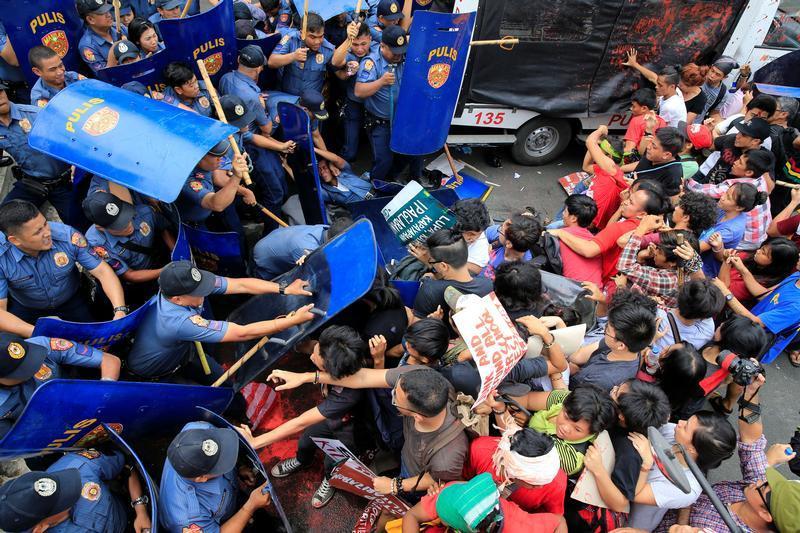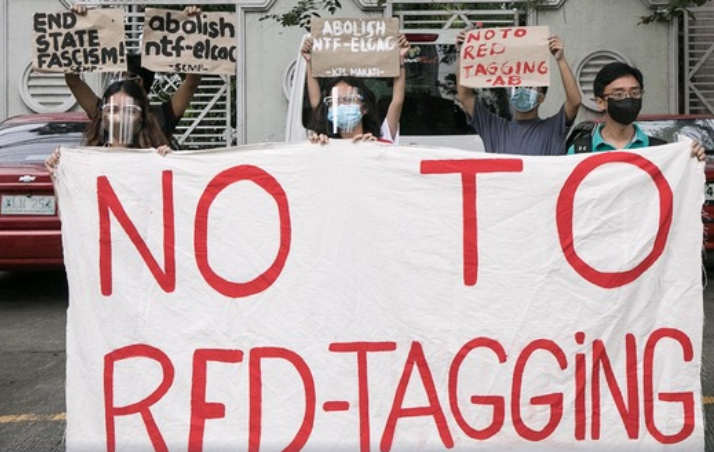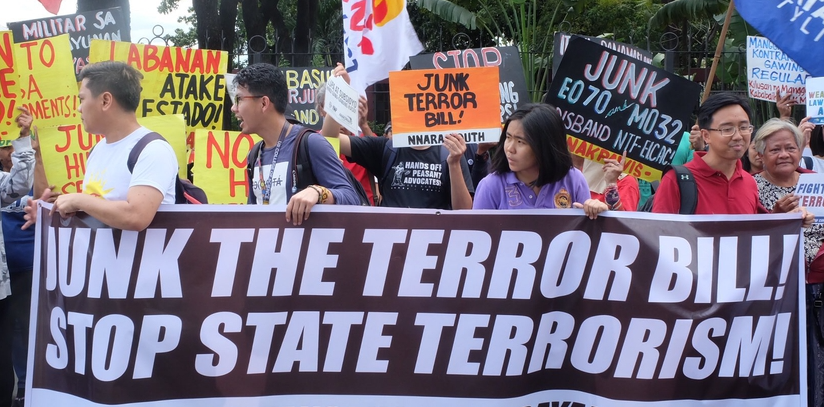(originally published 2021/06/25)
Established in 1990, the Peoples Development Institute (PDI) is a non-governmental organization whose mission is to establish self-reliant communities through people’s initiatives. PDI’s strategic intervention focuses on asset reform and economic support services coupled with social infrastructure building. PDI implements programs with three critical components: First is the access to land by farmers and indigenous peoples or IPs; second is providing support services to make these lands productive; and lastly, organization building that is complemented with training and education to prepare key members of the communities become leaders and entrepreneurs, actively participating in local governance.
PDI believes in the primordial importance of land rights. Since 1991, PDI has established partnerships and successfully formed people’s organizations or POs, especially those that fight for farmers’ and indigenous people’s rights. In 2015, together with some POs, PDI became instrumental in building the PKKL, or the Pambansang Koalisyon ng Karapatan sa Lupa (National Coalition for Land Rights).
Within the last three years, human rights workers have grown concerned and anxious because of the creeping but deliberate move by the government to curtail their right to organize, form associations and advocate for the rights of marginalized sectors. This was seriously felt in 2018 when the SEC issued Memorandum Circular No. 15, or the Guidelines for the Protection of SEC Registered NGOS from Money Laundering. This came about in the midst of worsening human rights situation during the war on drugs under a climate of insecurity and impunity due to the rising number of extrajudicial killings. NGOs were required to submit their profiles and reveal classified information, including their sources of funds. NGOS will then be categorized according to three levels of security risks --- high, medium and low. Many NGOs protested the SEC’s move and filed a suit against the order in court. Although it was canceled in 2018, the memo was implemented in 2019.
In 2020, we saw the influx of Chinese and one in partnership with the local government and other business interests seeking mining and other investment prospects in Central Luzon, especially in Zambales. This was being do and line agency officials. The opening of business opportunities for foreign and local investors directly affected the land rights of the IPs, the agrarian reform beneficiaries and even fisherfolks, whose traditional fishing grounds were being encroached upon and harmed especially by the Chinese in the South China sea.

Soon, we received reports of land grabbing, especially of Aeta lands --- the traditional homeland of the natives of the Zambales mountains on which they have established their homes and communities since time immemorial.
Land grabbing, or the large-scale illegitimate acquisition of lands, is always framed and associated with the forceful use of socio-economic and political power to pursue and advance private business interests through the control of land and natural resources. This results in human rights violations that are manifested in displacement of entire communities, the loss of livelihood and disregard for the rule of law.
It was while the Aetas were defending their ancestral domain that Lucy Badar, one of their leaders who was always at the forefront of their struggle, was illegally arrested by the police on Feb. 16, 2020, on trumped-up charges that she was a rebel and had killed a man. She is now detained in Pampanga. She is only allowed three visitors --- her husband, her sister and her lawyer. Her visitors are prohibited from bringing in pen and paper which she could use to write about her plight in detention and how her rights are being violated while in police custody. Since her arrest, her case was never been heard in court. With the passage of ATA, her relatives and friends believe that it will be doubly difficult for Lucy to be set free. When the police took her last February, they told her they only wanted to establish that she indeed was not the murder suspect. They have since been holding her in detention.
If before, when the local elite in cahoots with the military and police can do such oppressive acts against ordinary people, they could easily do that to much more defenseless indigenous peoples especially with the Anti-Terrorism Act. Finding legal relief for Lucy and other like her has become even more difficult in the midst of strict quarantines and lockdowns due to COVID-19. The government has been using the pandemic, with accompanying scary tales of contagion and deaths, to impose more repressive measures on the public, especially on poor and marginalized communities. The Duterte administration has entrusted the police with the enforcement of quarantine rules which has resulted in numerous cases of police brutality, many of them filed with the Commission on Human Rights (CHR).

The pandemic has been made an excuse by the government to restrict freedom of movement, especially in the provinces where the local elite, with the cooperation of government officials, heighten militarization to remove resistance to their land grabbing of the ancestral domain of the IPs. A town mayor is believed to be behind the continuous pressure on the Aetas to give up their ancestral lands to give way to so-called infrastructure development and resource extraction. When they refused, they were harassed and intimidated. Lucy is just one example of a victim of such harassment and intimidation. We are beginning to see even more restrictions on the movement of the people in the second half of the year.
It was reported to CHR that on Aug. 21, 659 Aeta families evacuated from their communities in San Marcelino, Zambales, due to repeated bombings by the military. A soldier even forced one of them to eat feces. This violence has been perpetrated allegedly in behalf of mining interest in the area. A climate of fear instituted by the government and the military is enveloping the rural areas.
Because of the support we give to the indigenous peoples and farmers and our commitment to defend their rights and protect their lands, we, as a part of civil society, are Red-tagged while we do our development work.


We are seeing the emerging impact of ATA on the CSOs and marginalized sectors:
- Forcible eviction, which results in dislocation and loss of livelihood and educational opportunities. This also leads to health problems, hunger, sickness and psychological trauma
- Killings
- Criminalization of PO or CSO work and the arrest of CSO workers and PO leaders
- Worsening violations of human rights
- IPs being dispossessed of their lands and resources
- IPs and farmers losing control over their lands and means of production
- Land re-concentration by the elite and government officials for resource extraction
These are the chilling impact of the Anti-Terrorism Act. We have to persevere and be vigilant to defend and protect the rights of the marginalized sectors.
